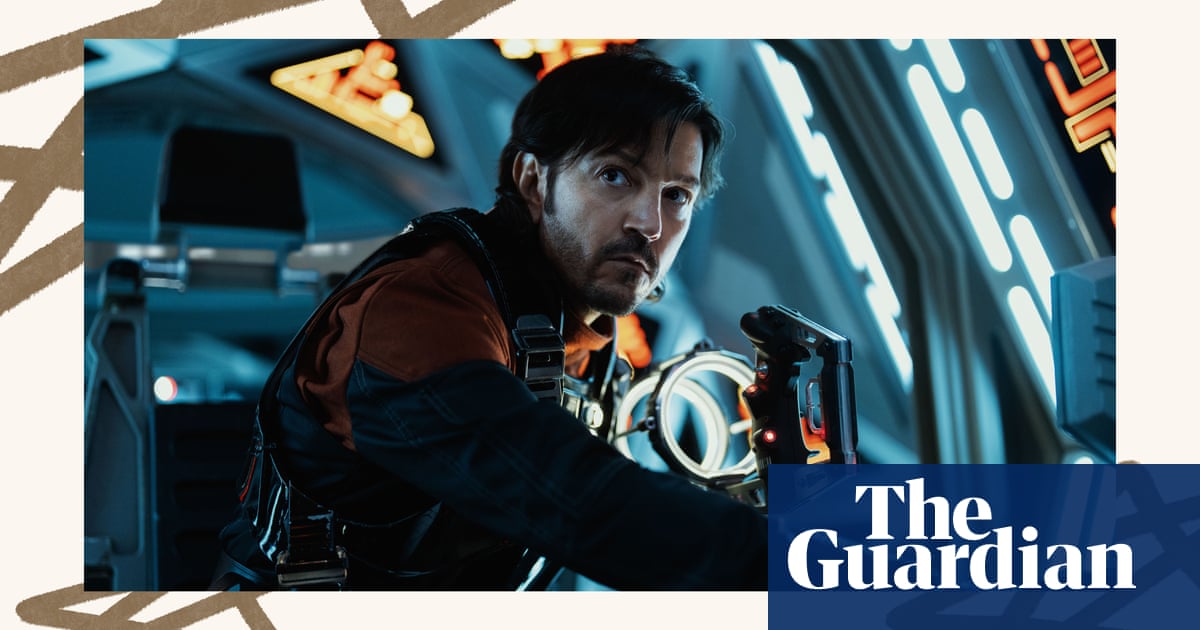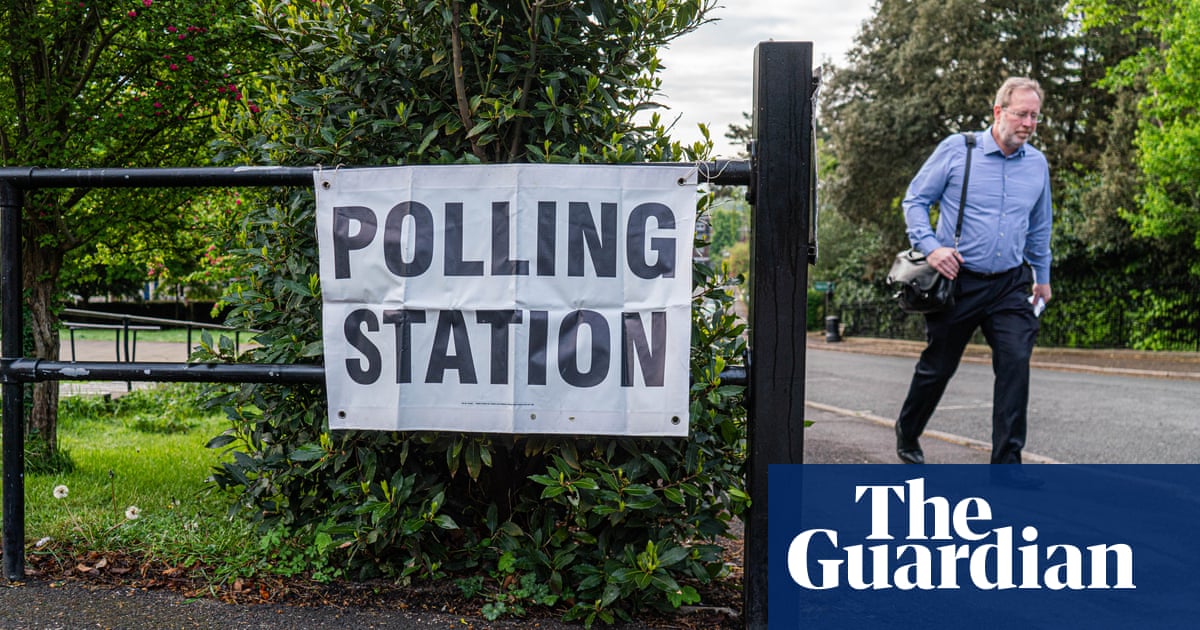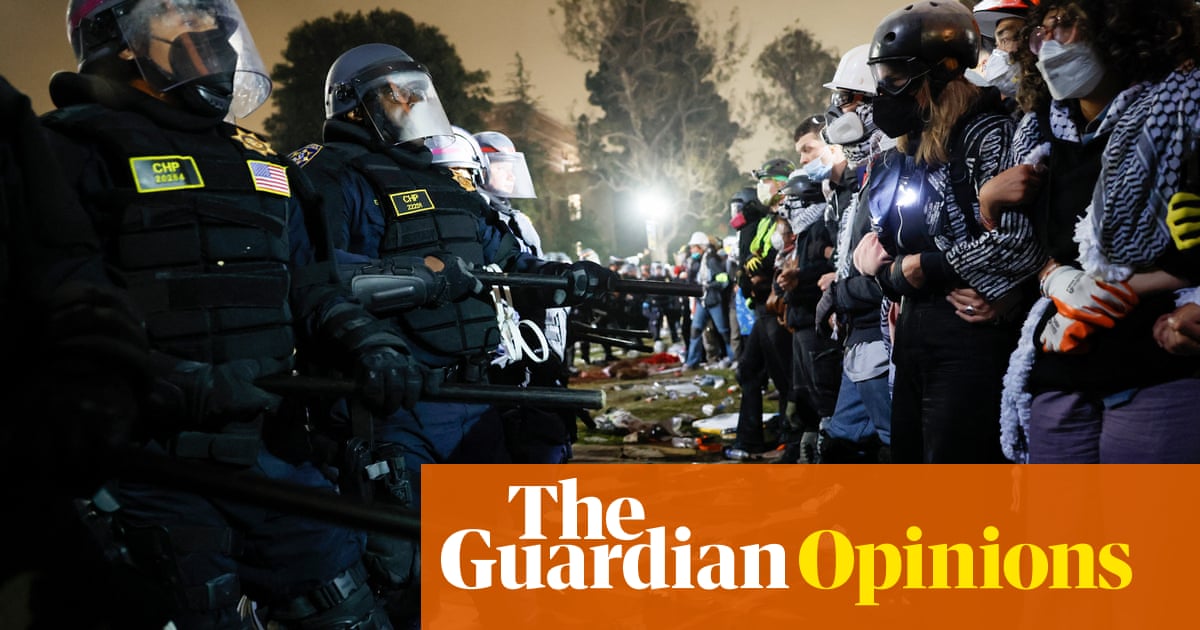Sonia Sodha asks where a sense of moral values is rooted in secular rational liberalism, her question implying that she does not know the answer – even that such liberalism does not have an answer (“I am a rational liberal, yet a question about the sanctity of life floored me”, Comment).
This is evidence of two things: the false claim of the religions to have a monopoly on such an answer, and the woeful ignorance about the better and richer answer available, which is humanism.
Humanism premises the intrinsic dignity of the human person, enjoins a generous and empathetic attitude to our fellows in the human story, has its roots in the ethics of the philosophical schools of classical antiquity, is the general underlying premise of the concept of human rights – and, in respecting people’s autonomy and dignity, is the reason why a humanist is more likely than not to support an individual’s freely chosen right to die if the circumstances of their life are overwhelmingly compelling to them as a reason for preferring its quality to its quantity. Sodha is not so rational a liberal if these profound points have so far escaped her.
Prof AC Grayling
London WC1
Sonia Sodha reflects on the moral problem of unbridled liberalism. True liberalism respects autonomy, which includes a sense of responsibility to others. Responsibility ethics is compatible with sanctity of life since we share a sense that human life is special, whether we have a religious faith or not. Sodha, with her wise words infused with her humanity, embodies responsibility ethics.
David Jeffrey
West Malvern, Worcestershire
Saving Constable’s views
The article by Martha Gill is important and urgently stated (“Jane Austen’s plates or the woods near her home? I know which I’d rather save”, Comment).
Here in East Bergholt, Suffolk, the birthplace of John Constable, we are trying to extend the conservation area to include fields and woods that surround our village. These open areas were painted by Constable, and have not changed in over 200 years, yet they are under threat of housebuilding on a large scale.
Constable’s paintings of these agricultural views grace galleries and museums in the UK and abroad. The 250th anniversary of his birth next year will be celebrated by visitors coming to our village to see the subject matter of his famous artworks by walking the footpaths and fields. Conservation areas should embrace these special landscapes, which could be lost unless we fight to retain their heritage qualities.
John Lyall, chair, the East Bergholt Society, East Bergholt, Suffolk
The joys of school trips
The Arts in Schools project is to be applauded (‘It is everything art gets a bad name for and everything I love’: Damien Hirst and Cornelia Parker on choosing artworks for schools, News), especially as it goes against the trend in the educational system to marginalise the study of non-Stem subjects.
The project also spotlights the demise of the school trip. The excitement of being taken out of class for a visit to a gallery or museum was transformative and for many the first opportunity to engage with the arts. Even better were evening trips to the theatre – an adult experience, no uniform required. I will be forever indebted to those teachers who sacrificed their free time for my benefit and that of my classmates.
Alex Dickie
Edinburgh
Musk lies beyond the law
My thanks to John Naughton for his wise and carefully considered words on the sledgehammer of the Online Safety Act (“Note to No 10; one size does not fit all”, New Review). While it may kill the special interest minnows it will do nothing to restrain the major tech companies. That’s why Musk must be put back into his bottle.
Neil Blackshaw
Alnwick, Northumberland
Belated lessons from deaths
Thank you, Isabel Hardman, for recalling the recommendations of the Shipman inquiry’s third report of 2003 on improvements to death certification (“Grooming, Shipman, Chilcot: for all the post-inquiry ‘never agains’, the default is inaction”, Comment). The failure to introduce the new death certificates until 2024 is remarkable, but the delay in improving the death certification system was even longer than the 21 years frittered away after the Shipman report.
A few days ago, Jeremy Hunt made an apology to the Lucy Letby inquiry for governments’ delays in implementing another recommendation of the Shipman inquiry – the introduction of medical examiners to review the causes of deaths. The operation of an effective system for investigating, recording and learning from all deaths is one of the most basic responsibilities of government. It is a failure that will have cost too many lives.
Richard Baker, Professor Emeritus, Department of Population Health Sciences, University of Leicester
Saving girls from abuse
Kenan Malik suggests that social workers and police “struggled to ‘empathise’ with the girls because of ‘their background and class’, viewing their exploitation not as abuse but as a ‘lifestyle choice’ ” (“The right is trying to rewrite history with its toxic rhetoric on Britain’s rape gangs”, Comment).
A major difficulty in these cases is that child victims may not see themselves as such, and may not be willing to cooperate with investigators; without a legal complaint or witness testimony, legal intervention is extremely difficult. Those who do cooperate may have histories of problematic behaviour that allow defence lawyers to characterise them as unreliable witnesses, and make the CPS unwilling to rely on their testimony.
Professionals do not lack empathy; what they experience is frustration at being unable to persuade young people that they are being abused or to cooperate with investigations, and scepticism that legal intervention will improve their lives.
Ed Mason, retired social worker
Kendal, Cumbria
Carter’s caution
Catherine Bennett speculates whether the queen mother’s dislike of Jimmy Carter was why Prince Edward was sent to attend his funeral (“What are we paying senior royals for, if not to show up at presidential funerals?”, Comment). Carter’s non-attendance at Josip Tito’s funeral in 1980 also led to much speculation. While most world leaders attended, Carter sent his mother, the formidable “Miz Lillian”, along with vice-president Walter Mondale. Not the Nine O’Clock News suggested mischievously, in its Confrontation Song, that the funeral was a unique opportunity to assassinate world leaders, and that was why Carter had sent his mother.
David Douglas
Farsø, Denmark

.png) 3 months ago
38
3 months ago
38













































